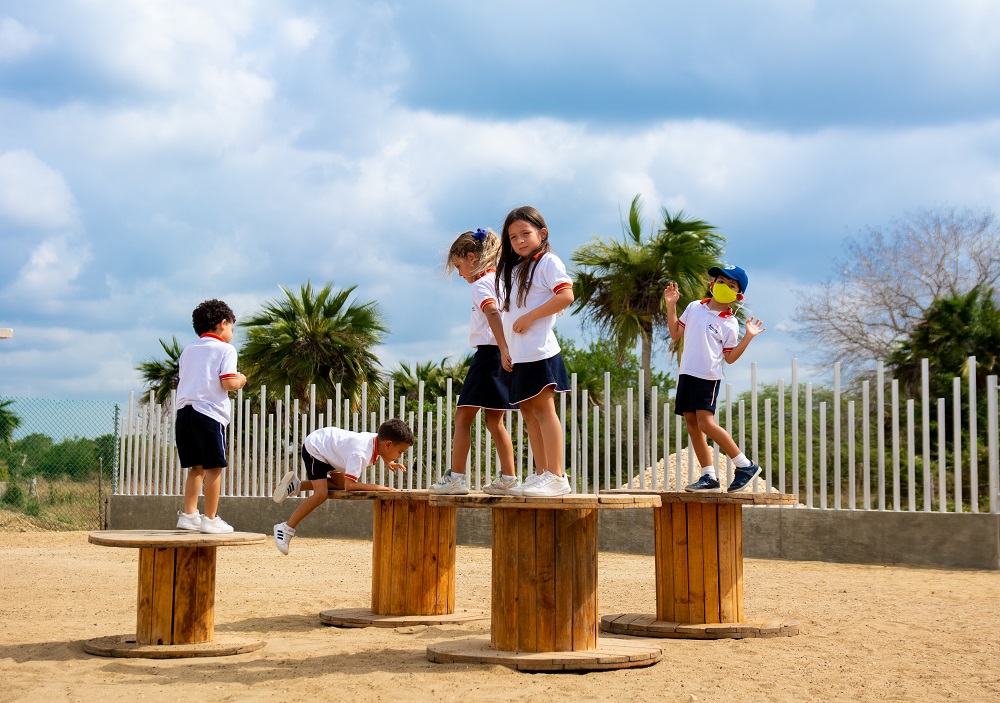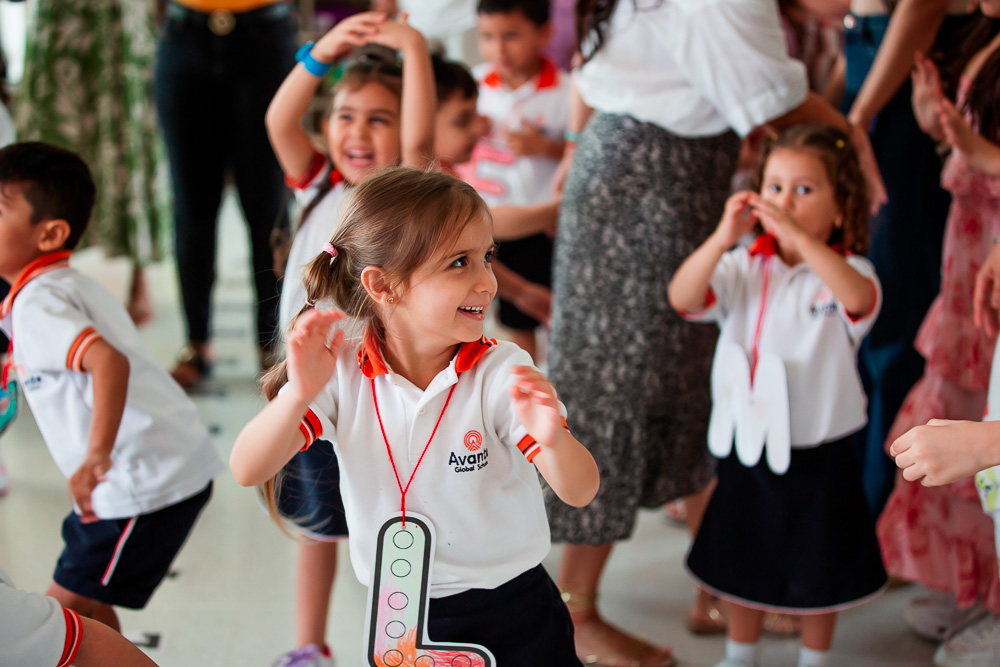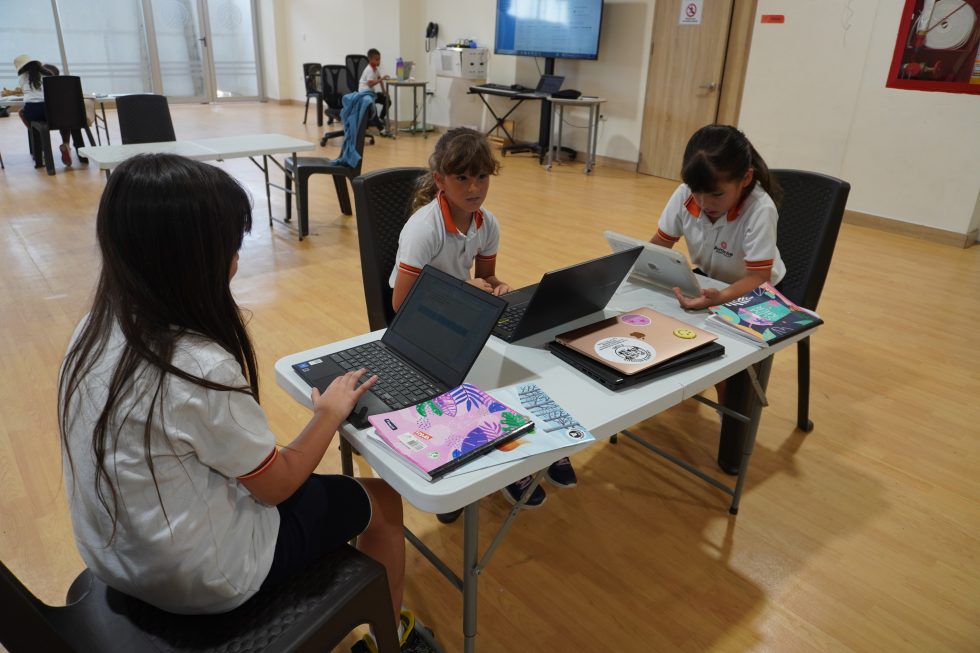
Parents in the 21st century face new challenges that past generations did not face: globalization, hyper-connectivity, misinformation, social media and constant technological changes, among others.
In a world where all information is just a click away, memorization loses relevance, and skills such as critical thinking and problem solving become absolutely indispensable. Read on to learn about the 7 trends in education in the 21st century.

1. Purpose and passions
Success is about ‘learning to learn’ and not about memorizing data and processes. Acquiring and remembering facts and processes has generally been the way academic success is measured and while it may be important in some cases, it is not a factor in success.
A 21st century education understands that it is more important to find purpose in what is learned, channeling students’ personal passions to be constantly in a process of learning, unlearning and relearning, so that ongoing discovery becomes part of life.
2. Connection to the real world
Education in most traditional institutions has failed to create useful skills to deal effectively with the problems of everyday life, creating a glaring disconnect between what we learn and the purpose of what we learn. We need only think back to our school days to realize that the people who were the most successful academically have not necessarily been the most successful in life.
Learning can happen anywhere, so we use the real world as a canvas, motivating our children to understand the real applications of everything they learn, so that education becomes very pragmatic.
3. Values
In spite of the changes in methodologies, education must be guided by a series of values that identify the community and help us to form integral human beings, with ethical and moral formation that allows them to defend positions and ideas in a clear manner and with their own criteria.
The alignment of values between school and home is fundamental to ensure consistency in messages and to ensure that these values are reflected in all aspects of daily life and in life-long decision making.
4. An effective methodology
Use new research and understanding of how our minds work to develop more effective educational methods, with a focus on entrepreneurship and an emphasis on developing both intellectual and emotional skills. Through Project Based Learning, we ensure that all materials learned have a direct connection to the real world and our children find purpose in everything they do.
5. Global team of experts
Create global communities of educators where they can share information on best practices, publish advances in new learning methods, and generate a network of individuals who are passionate and committed to innovating in education. This helps in the training of higher quality local educators and provides them with the tools to be able to interpret and apply the most advanced educational methods for the benefit of their students.
6. Revolutionary Campus
Educational spaces are not simply infrastructure; in fact, they play a fundamental role in enabling learning processes. It is important to have spaces designed with purpose in mind, spaces that foster innovation, creativity, communication and a sense of community. Spaces that foster learning should not only be left for the school; these spaces can also be developed at home, in a practical way, as we will see in one of our next chapters.
7. Connected community
Parents are the first educators. That is why it is important to understand and apply the concept of “Connected Learning” to integrate parents, children and educators to make learning a collaborative work, where everyone contributes, from their knowledge and experiences, to enrich the educational process of children.
Did you know that 47% of the world’s jobs are at risk of being automated?
Very soon more than 50% of workers will be self-employed and will require new skills for entrepreneurship. These challenges make it all the more important to recognize the need to educate children with the right tools for the world that awaits them, not the world we grew up in.



